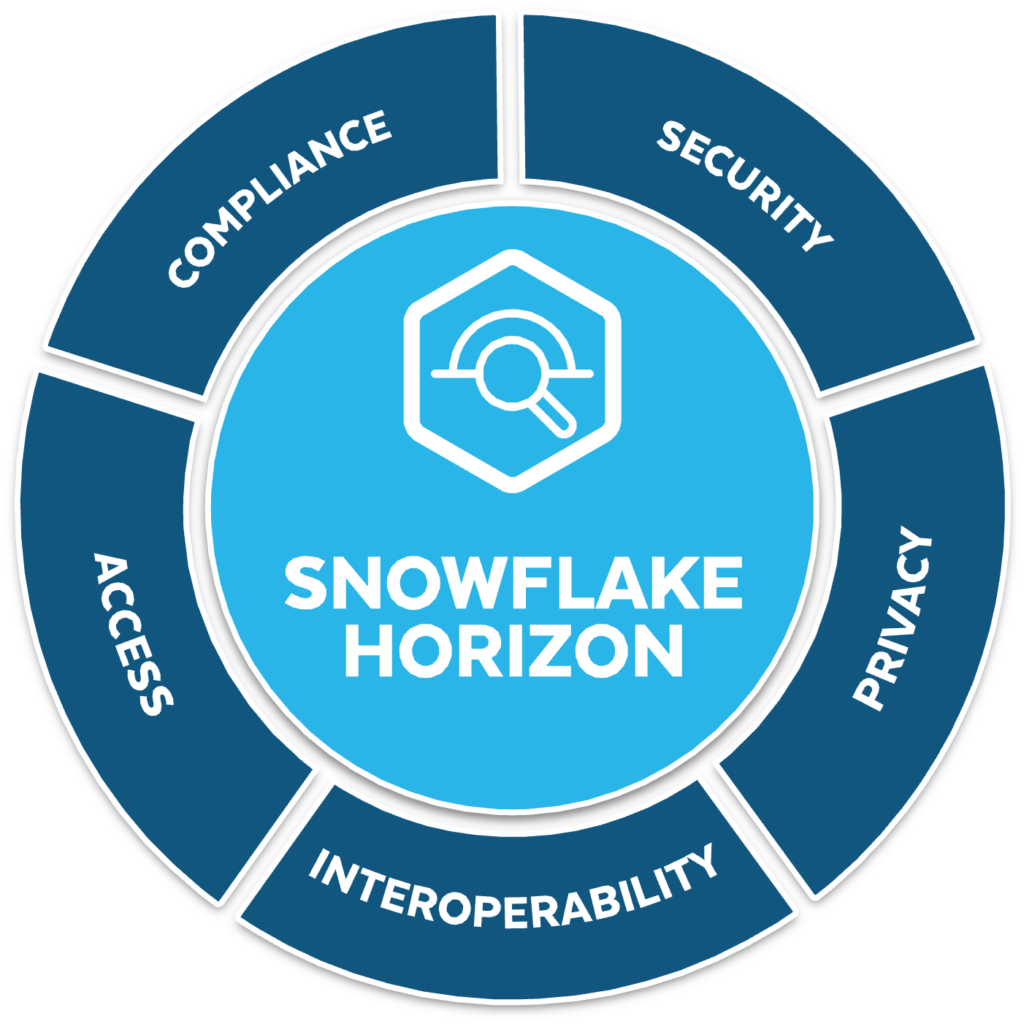For a company’s employees to make data-based decisions, they need access to relevant and up-to-date data. But, simply providing access is not enough. Employees need to be able to quickly access the data they need when they need it.
DataOps provides an effective framework for managing business data to streamline data access and enhance data organization. It is a process that automates the supply of data while maintaining an adequate degree of data security and integrity to maximize the value of data in an atmosphere that is always changing.
This article will discuss implementing DataOps in AWS by covering the following topics:
What is DataOps?
In the modern business world, managing the massive amount of data constantly flowing through an organization is virtually impossible without clearly defined procedures. Companies require a fresh approach to complexity management due to the growing number, pace, and variety of information they must handle. Scalability and reproducibility of data processing are necessary to achieve maximum data efficiency and value creation.
DataOps is a data management technique that can be implemented across an entire organization. It governs the flow of data from its source to its value, with the end objective of accelerating the process of extracting value from the data.
People are just as important to DataOps as the many tools and processes used.
What is AWS?
Amazon Web Services or AWS is the most extensive and widely used cloud computing platform worldwide. It provides more than 200 services distributed by data centers throughout the world. Customers, including some of the most successful and rapidly expanding startups, the largest companies, and some of the most prominent government agencies, use AWS public cloud services to access data at scale, reduce costs, become more agile, and develop quicker.
AWS provides customers with a number of different platform options for data storage. Offering data storage solutions across a platforms such as Amazon Redshift, Amazon Athena, Amazon RDS, Snowflake, MySQL, MariaDB, Microsoft SQL, Postgres, and more.
The services offered through AWS use different as-a-Service pricing models. These cloud computing services include Infrastructure as a Service (IaaS), Platform as a Service (PaaS), and packaged Software as a Service (SaaS). This pricing model promotes agility by allowing organizations to immediately scale the size of services based on demand.
What is DataSecOps?
As the world turns digital, more data gets uploaded to the cloud. Organizations have more access to a wider variety of data that can be leveraged to generate insights and improve overall organizational effectiveness.
The vast majority of businesses either currently use public cloud database systems or have definite plans to move their data pipeline to public cloud storage warehouses. As a result, DataOps has emerged from this phenomenon. Nevertheless, organizations cannot permit DataOps without building in security.
DataSecOps is a strategy for organizing continuous and evolving modern data that is fast, comprehensive, and security-embedded. Its goal is to bring data to value quickly while maintaining data privacy, data security, and integrity.
This solution is a major undertaking and entails the formation of a cross-team and a continuous interaction between network security, data science, and other important stakeholders. It also incorporates clear systems to secure data repositories with transparency for the teams responsible for their protection.
DataOps in AWS
Data Operations is an agile method used to develop, construct, and manage a distributed data infrastructure. This structure must support various open-source frameworks and several different types of production equipment. The DataOps initiative aims to generate value propositions from large amounts of data by doing analyses based on the entire data life cycle.
The business goals, data management, and quality of data are the primary focuses of the DataOps methodology. It ensures the management of goals is the highest priority and that every objective gets accomplished with efficiency and effectiveness as the guiding principles.
AWS provides fantastic tools to support this application of cloud DataOps services. It offers a comprehensive and user-friendly computing platform that clients use.
Some examples of real-world applications in which having a DataOps viewpoint has shown to be extremely beneficial to a company’s efforts to grow and scale, employing one or more of the many tools offered by Amazon Web Services, include the following:
- Finding new sources of income
- Enhancing health outcomes
- Creating consumer goods
- Focused marketing
- Enhancing operational efficiencies
Satori as a DataSecOps Provider in AWS
Modern data access must be quick and straightforward while preserving the confidentiality and security of the data. Now, this may sound difficult or even contradictory. Still, suppose this can be accomplished with defined shared data pipeline processes and policies. In that case, the firm can extract value from the data quickly with minimal security concerns.
When a firm uses Satori to provide access to data stored in AWS, the business must first provide a particular set of AWS permissions. These permissions are subsequently used exclusively by the Satori DAC. Thanks to Satori’s provisioning capabilities, data consumers can use the newly generated credentials in place of their old AWS credentials.
Below are some of the advantages of taking this approach.
- Creating an AWS IAM user for every data consumer is not necessary. With Satori, you can eliminate the potential for users to have access to AWS resources they do not require.
- Because there is no need to provide users direct access to data in S3, the danger of data leaks and breaches caused by users accessing data directly from data lakes gets significantly reduced.
Conclusion
DataOps gives complete command over organizational workflow and operations, removing roadblocks that stand in the way of using data. However, moving into cloud DataOps requires an evaluation of the implications for data security.
- Satori provides a simpler and more streamlined method of regulating who has access to the data stored in AWS. Satori can be deployed in minutes without interferring with user querring process. This ease of implementation allows work processes to continue uninterrupted.
- Satori automatically classifies and dynamically masks PHI, PII, and PCI, information stored in the AWS data cloud so that sensitive data is protected without having to change access controls.
- Satori enables customers to implement security, compliance, and privacy controls simply to keep up with changing regulations and conditions.
Satori developed the first DataSecOps platform with this specific goal. It is a global data access solution for cloud-based data warehouses and infrastructures. Satori boasts several out-of-the-box connections with industry-leading data engineers and stores, including Amazon Web Services.



